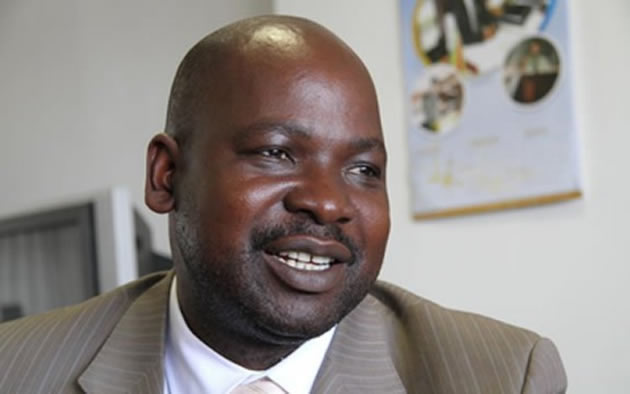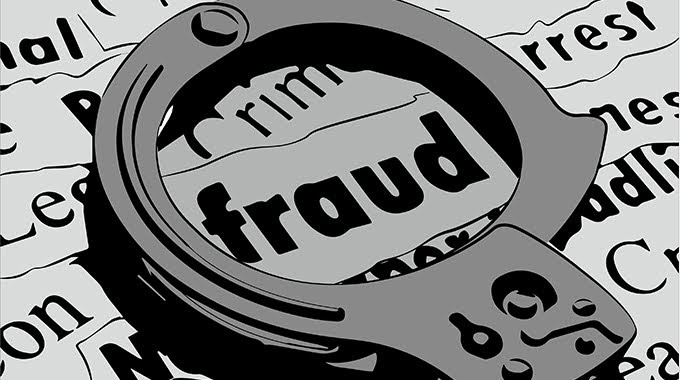Private prosecutions: Concourt date set

Daniel Nemukuyu Senior Court Reporter
The Constitutional Court will on October 28 determine whether or not Prosecutor General Mr Johannes Tomana should comply with court orders compelling him to issue out certificates for private prosecution to complainants whose criminal cases would have been declined by the National Prosecuting Authority.
The outcome of the constitutional challenge will determine whether or not Mr Tomana was in contempt of court by refusing to issue the certificates despite court orders to that effect.
A fortnight ago, the contempt of court application against Mr Tomana was indefinitely postponed at the High Court pending determination of the constitutional challenge to be heard end of this month.
Early this year, Mr Tomana mounted the constitutional application, through his lawyers Mutamangira and Associates, after the High Court, Supreme Court and the Constitutional Court had ordered him to issue out the certificates in various cases where public prosecution was declined.
Telecel Zimbabwe won its case for private prosecution at the Constitutional Court in a case in which former chairperson Dr Jane Mutasa is being accused of defrauding the mobile communication service provider of thousands of dollars in an airtime scandal.
The High Court also ordered Mr Tomana to issue a certificate for private prosecution in a case in which Bikita West legislator Dr Munyaradzi Kereke, is being accused of raping a minor.
Mr Tomana was under pressure to comply with the orders and lawyers representing the complainants in the matters had written several letters seeking his compliance, without success.
In the application, Mr Tomana wants the same court to declare that the issuance of certificates for private prosecution solely lies within the powers of the Prosecutor-General.
Directing the Prosecutor-General to issue out a certificate of private prosecution, it is argued, was tantamount to a breach of Mr Tomana’s constitutional independence and protection from control of anyone.
Mr Tomana said the courts or any other arms could not at law compel him to issue the certificate.
“However, the Prosecutor-General cannot be pressured into making a decision by anyone,” he said.
“The responsibility for the eventual decision to prosecute or not to prosecute rests with the Prosecutor-General and he is not to be put under pressure by his colleagues in the matter.
“This recognition of the autonomy of the PG is widely known as ‘the Shawcross Principle’, which in my respectful view applies with equal force in this jurisdiction.”
Mr Tomana urged the courts to respect the doctrine of the separation of powers.
“In my respectful view, the doctrine of separation of powers ought to be allowed to reign supreme because even the independence of the honourable courts will be in jeopardy if these constitutionally entrenched boundaries are not respected,” argues Mr Tomana.
Mr Tomana argues that his exercise of prosecutorial discretion was not susceptible to judicial review. His decisions in that regard, his papers read, are beyond the province of the court’s review.
He submitted that the courts were in breach of the Constitution by compelling him to issue private prosecution certificates.
However, The Zimbabwe Lawyers for Human Rights, who were appointed as a friend of the court, have described the challenge as an abuse of the court’s process.
Mr Tomana’s ex-parte application, according to ZLHR, was strange, frivolous and vexatious and it must be dismissed.
In the heads of argument filed by ZLHR in its capacity as amicus curiae (friend of the court), the lawyers said the application lacked merit.
“The friend of the court, Zimbabwe Lawyers for Human Rights, submits that this Honourable Court must decline to answer the question and dismiss the application.
“The application is frivolous and vexatious and constitutes an abuse of the court process.
“It is so lacking in merit that it is deserving of the most serious censure,” argued the lawyers.
ZLHR said the PG has defied court orders despite the provisions of the Constitution compelling everyone to comply with court orders.
The lawyers argued that the courts have ruled on the matter and that the Constitutional Court cannot be asked to hear an appeal against its own decision.
Mr Tomana, the lawyers argued, failed to fully disclose material facts of the matter, rendering the application defective at law.
The lawyers said the PG did not mention the two court judgments that he was uncomfortable with, which is a requirement in applications of that nature.
It was also argued that the PG’s application sought to place him in a position higher than the courts.








Comments